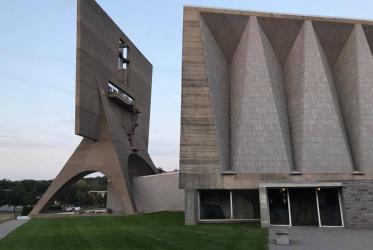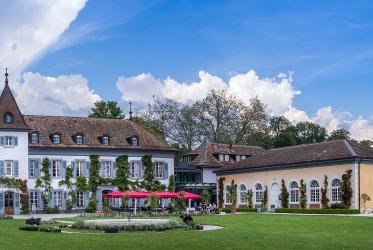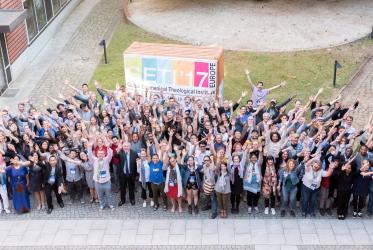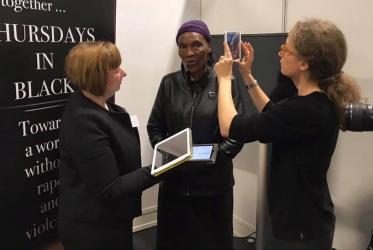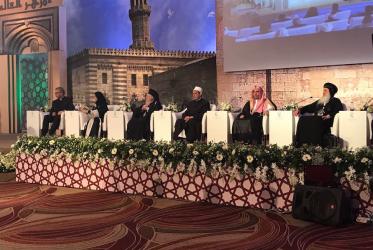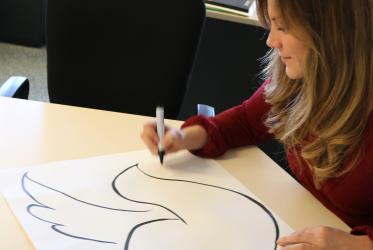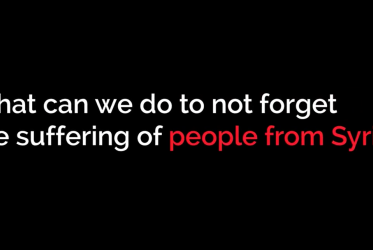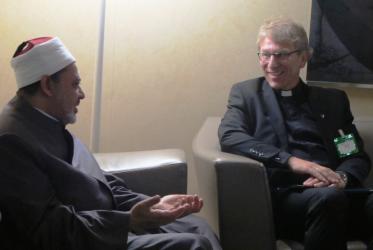Displaying 101 - 120 of 234
09 September 2017
In Argentina, stirring journey for human rights continues
01 September 2017
Rebecca Dali: My faith in God motivates me every second
24 August 2017
"We have our work cut out for us"
10 August 2017
WCC students study what makes a peace communicator
18 July 2017
Nigerian breaks down stereotypes on Muslims
13 July 2017
“We are to pass on the mantle”
31 May 2017
Holy work for the Holy Land
29 March 2017
How do you say “peace?”
20 February 2017
WCC hosts discussion on religious radicalisation
13 December 2016
Dialogue flourishes between WCC, Muslim Council of Elders
30 September 2016
